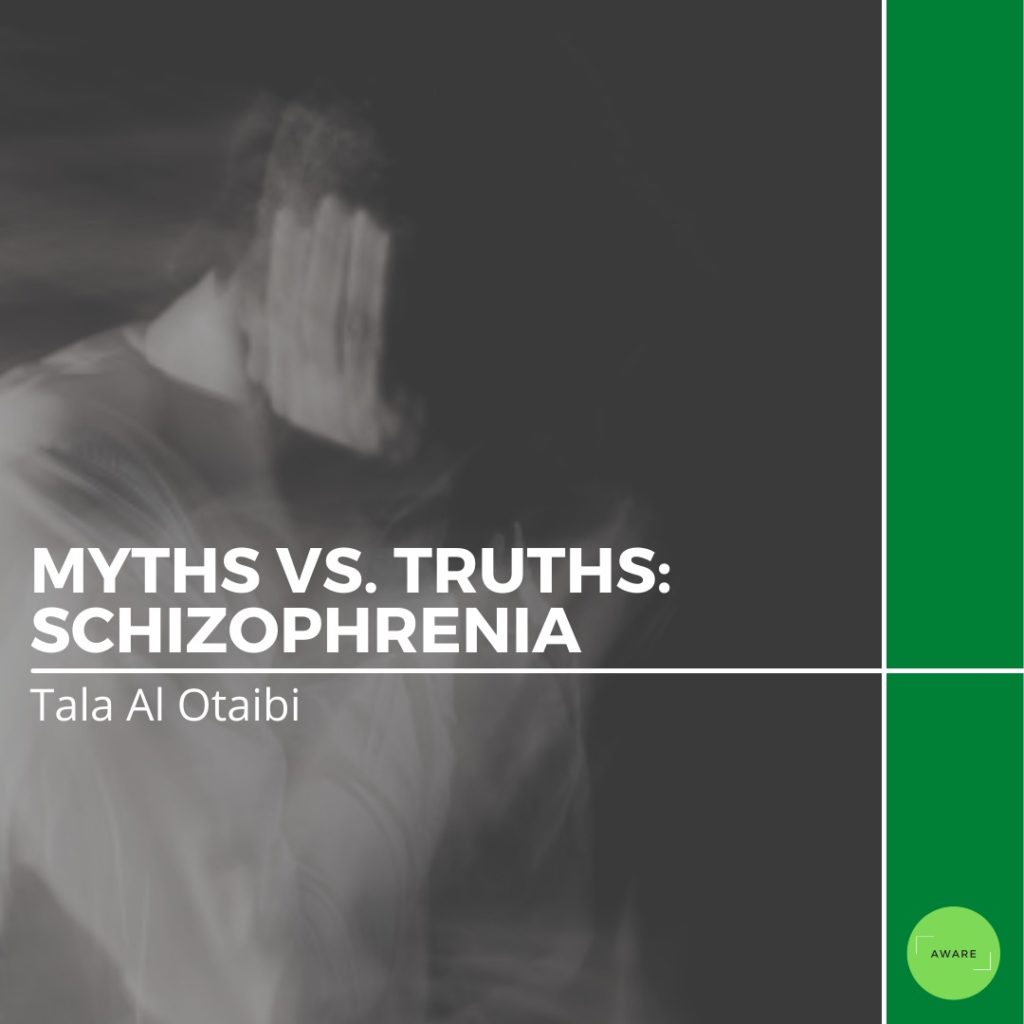Schizophrenia, like many other mental disorders, must be taken very seriously given its complexity. However, due to that complexity, many misconceptions have risen as a result. These misconceptions may be very problematic to those that wish to seek the appropriate treatment.
What is Schizophrenia?
According to the American Psychiatric Association, schizophrenia is defined as a “chronic brain disorder that affects less than one percent of the U.S. population.” While it is not as common as other mental disorders, it is still a very serious disease. Its symptoms include what are known as positive, negative, and disorganized symptoms. Positive symptoms are symptoms that are abnormally present, such as hallucinations and distorted perceptions. Negative symptoms are symptoms that are abnormally absent, such as a loss in the ability to speak or to express emotions. Lastly, disorganized symptoms, in general, include disordered thinking and speech.
Myths and Common Misconceptions
Myth #1 – Schizophrenia Is a Genetic Disease
While genetics do put you at a higher risk of developing the disorder, genetics are not the sole cause behind its development. Sometimes, a lack of development in the brain due to exposure to toxins or a lack of nutrients may cause the disorder. In addition, chronic stressors, even in adulthood, can be a cause. Like many mental disorders and diseases, schizophrenia does not have one sole trigger.
Myth #2 – People Become Psychotic with No Warning or Trigger
For approximately half of those with schizophrenia, their symptoms develop gradually over the course of months or years. For the other half, their symptoms develop over the course of days or weeks. Either way, full psychosis does not occur suddenly overnight. Psychosis, like many other illnesses, tends to be a stress-sensitive illness.
Myth #3 – Schizophrenia Is a Disabling Illness
While symptoms vary greatly in nature, they are not all the same. Not all those with schizophrenia experience severe social and vocational disability. Ongoing and proper treatment can help those with schizophrenia manage their lives and achieve a satisfactory social and work life.
Myth #4 – Early Intervention Will Not Help
While early intervention does not magically make it go away, it does help with some symptoms. Early intervention may minimize functional losses and may prevent dangerous behaviors that may arise as a result of the disorder. The shorter the duration of the untreated psychosis, the better it would be for the person to have the chance to restore baseline functioning.
